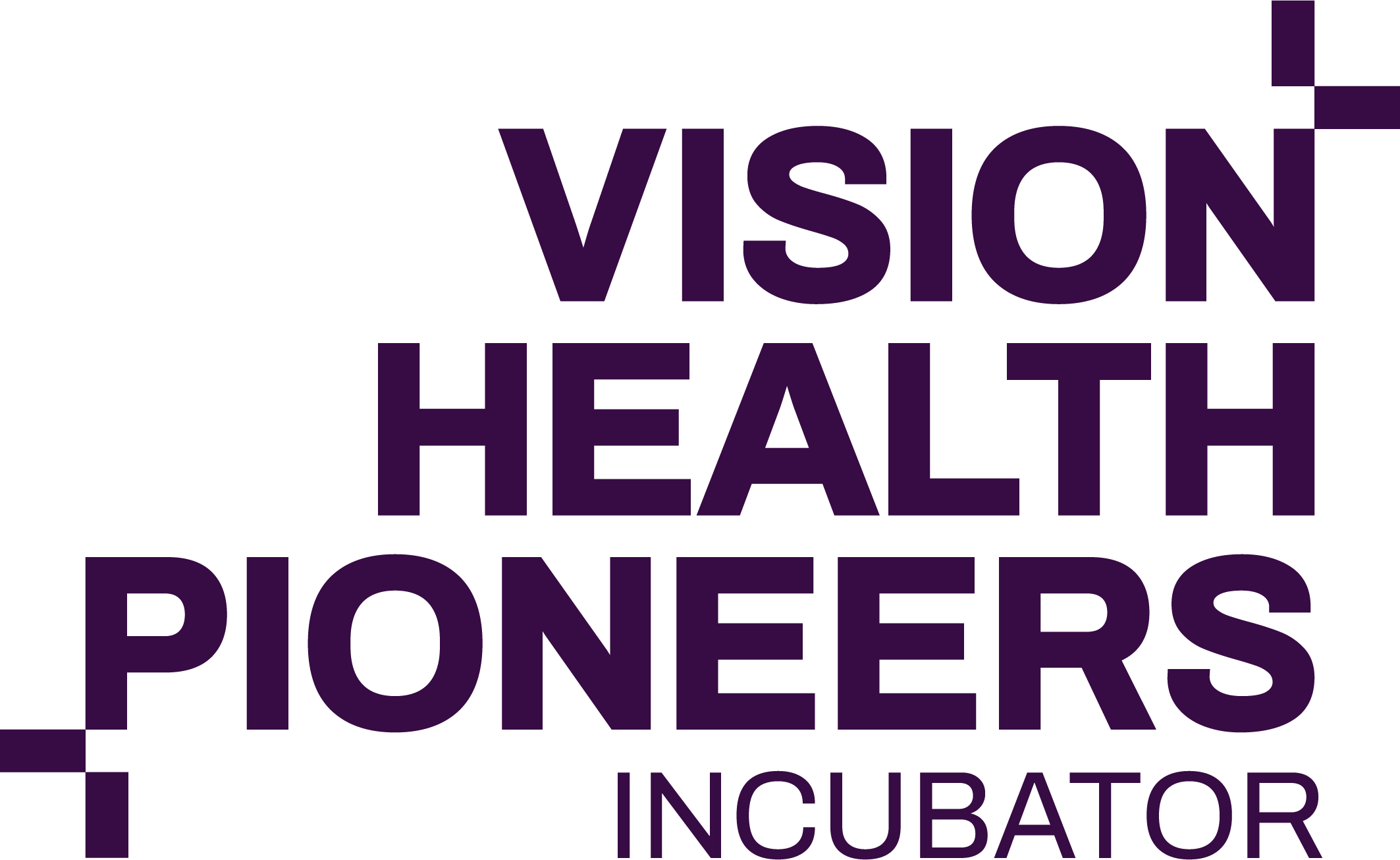
15 Feb HOW SWITZERLAND Turned around A DRUG EPIDEMIC — FROM ADDICTION TO RECOVERY NEWSLETTER FEATURE
Amid a heroin epidemic in the late 1980s and 90s, Switzerland radically innovated its approach to drug policy, overturning all conventions. Pressured by the failure of traditional approaches, the country pioneered heroin-assisted treatment, providing medical-grade heroin to stabilize the lives of those with severe addiction alongside social housing and integration efforts, including vocational training and employment support. Community involvement was crucial in reducing stigma and nurturing a supportive environment.
Switzerland also embraced decriminalization for personal drug use, emphasizing prevention through education and awareness. It took a 360-degree turn from punitive measures to an integrated and compassionate public health stance. Multi-stakeholder collaborations became the norm. SSIR.org writes that between 1991 and 2010, overdose deaths in the country decreased by 50%, HIV infections decreased by 65%, and new heroin users decreased by 80%. Healthcare institutions worldwide followed in its steps, radically transforming their public health strategies.
In the article “Inside Switzerland’s Radical Drug Policy Innovation“, writers Miriam Wolf & Michael Herzig share several lessons for social innovators. We have picked a few that we think are relevant to our healthcare community:
- Social problems that are visible, undeniable, even unbearable, trigger action. Only when powerful groups acknowledge the limits or failure of existing approaches will they mobilize resources, take risks, and bend the rules to experiment with new solutions. It’s worth exploring ways to make social problems relevant to those who have resources and power from the beginning.
- Social innovation processes often start with individual, uncoordinated action, and move toward collaboration. While individuals or single organizations may take the first steps toward change, large-scale change will always require broad, cross-sector collaboration.
Perhaps most importantly, radical innovation starts from a place of compassion. By seeking to understand the motivations behind people’s drug use, we can design interventions that can truly drive systemic change. As psychiatrist and best-selling author Gabor Mate remarks: “Don’t ask why the addiction but why the pain.” Such a compassionate orientation allows us to address addiction’s root causes, provide holistic treatment, reduce stigma, and prevent relapse more effectively.
Working alongside public health actors and research institutes, startups like our cohort 6 team coobi, which is addressing behavioral addiction through just-in-time adaptive interventions, are already walking the talk — even in their early stages!



